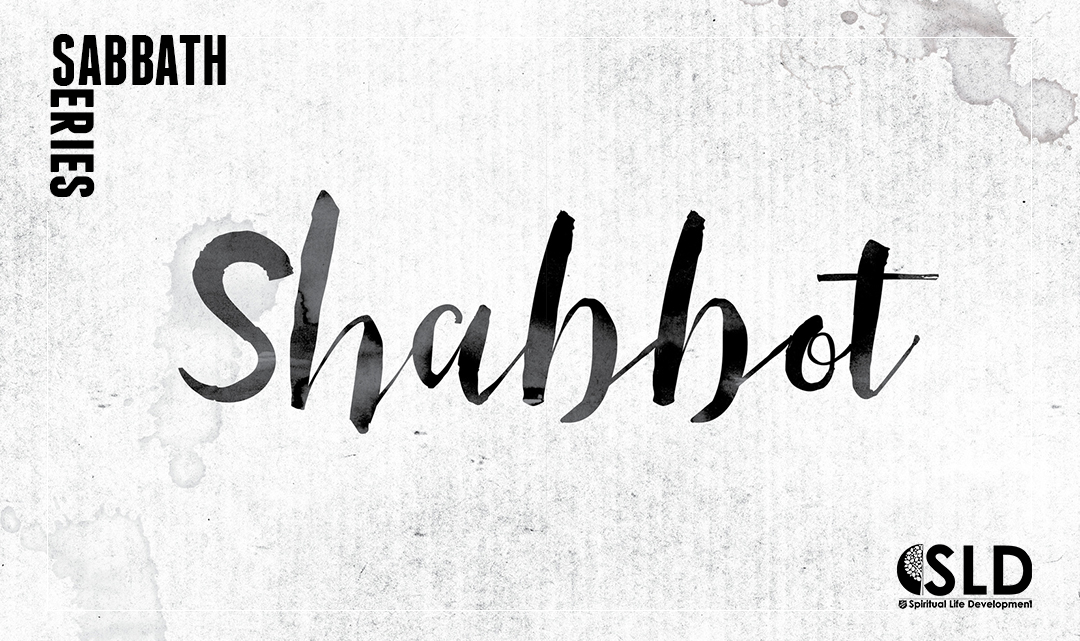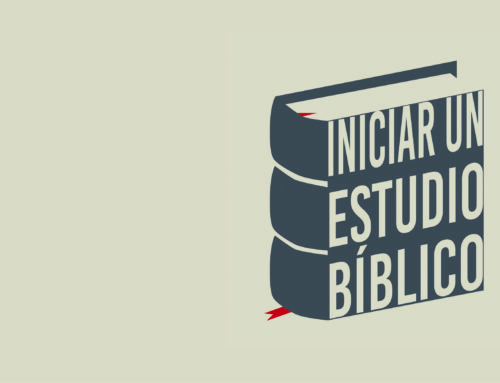 Shabbat – the Hebrew word for Sabbath – means “to come to an end, to cease, to stop, to pause.” Notice they are all active commands that a person needs to take responsibility for. Something they have to do. To experience Sabbath rest, you must make a decision to stop something, to push away from something, to rest from something. You have to say “no” to something! Judaism 101, an online encyclopedia of Judaism, says: “People who do not observe Shabbat think of it as a day filled with stifling restrictions, or as a day of prayer like the Christian Sabbath. But to those who observe Shabbat, it is a precious gift from G-d, a day of great joy eagerly awaited throughout the week; a time when we can set aside all of our weekday concerns and devote ourselves to higher pursuits. In Jewish literature, poetry and music, Shabbat is described as a bride or queen, as in the popular Shabbat hymn ‘Lecha Dodi Likrat Kallah’ (come my beloved, to meet the [Sabbath] bride). It is said ‘more than Israel has kept Shabbat, Shabbat has kept Israel.”’ How differently would we greet Sabbath rest if we saw it as a beloved “bride or queen” coming to visit?
Shabbat – the Hebrew word for Sabbath – means “to come to an end, to cease, to stop, to pause.” Notice they are all active commands that a person needs to take responsibility for. Something they have to do. To experience Sabbath rest, you must make a decision to stop something, to push away from something, to rest from something. You have to say “no” to something! Judaism 101, an online encyclopedia of Judaism, says: “People who do not observe Shabbat think of it as a day filled with stifling restrictions, or as a day of prayer like the Christian Sabbath. But to those who observe Shabbat, it is a precious gift from G-d, a day of great joy eagerly awaited throughout the week; a time when we can set aside all of our weekday concerns and devote ourselves to higher pursuits. In Jewish literature, poetry and music, Shabbat is described as a bride or queen, as in the popular Shabbat hymn ‘Lecha Dodi Likrat Kallah’ (come my beloved, to meet the [Sabbath] bride). It is said ‘more than Israel has kept Shabbat, Shabbat has kept Israel.”’ How differently would we greet Sabbath rest if we saw it as a beloved “bride or queen” coming to visit?
Shabbat – the Hebrew word for Sabbath – means “to come to an end, to cease, to stop, to pause.”
Lauren Winner, a converted Jew, captures the difference between the Christian Sunday and the Jewish Sabbath as she experienced it one Sunday afternoon after church. On a visit to her favorite coffee house, she stumbled across a book about one woman’s conversion to Judaism. Here is how the book’s author described her experience with Sabbath: “Shabbat is like nothing else. Time as we know it does not exist for these twenty-four hours, and the worries of the week soon fall away. A feeling of joy appears. The smallest object, a leaf or a spoon, shimmers in a soft light, and the heart opens. Shabbat is a meditation of unbelievable beauty.”
Winner contrasts that with her own experience of sitting in the Mud-house coffee shop on this Sunday afternoon. “It was not an ordinary work-day and I did feel somewhat more relaxed than on Monday morning,” she notes. “But it was not Shabbat. Nan Fink nailed it: Shabbat is like nothing else. And Shabbat is, without question, the piece of Judaism I miss the most…the Sabbath is a basic unit of Christian time, a day the Church, too, tries to devote to reverence of God and rest from toil. And yet here a Sunday afternoon finds me sitting in a coffee shop, spending money, scribbling in the margins of my book, very much in ‘time as we know it,’ not at all sure that I have opened my heart in any particular way.”
Written by Major Faith Miller, Corps Commanding Officer, Oil City, PA




